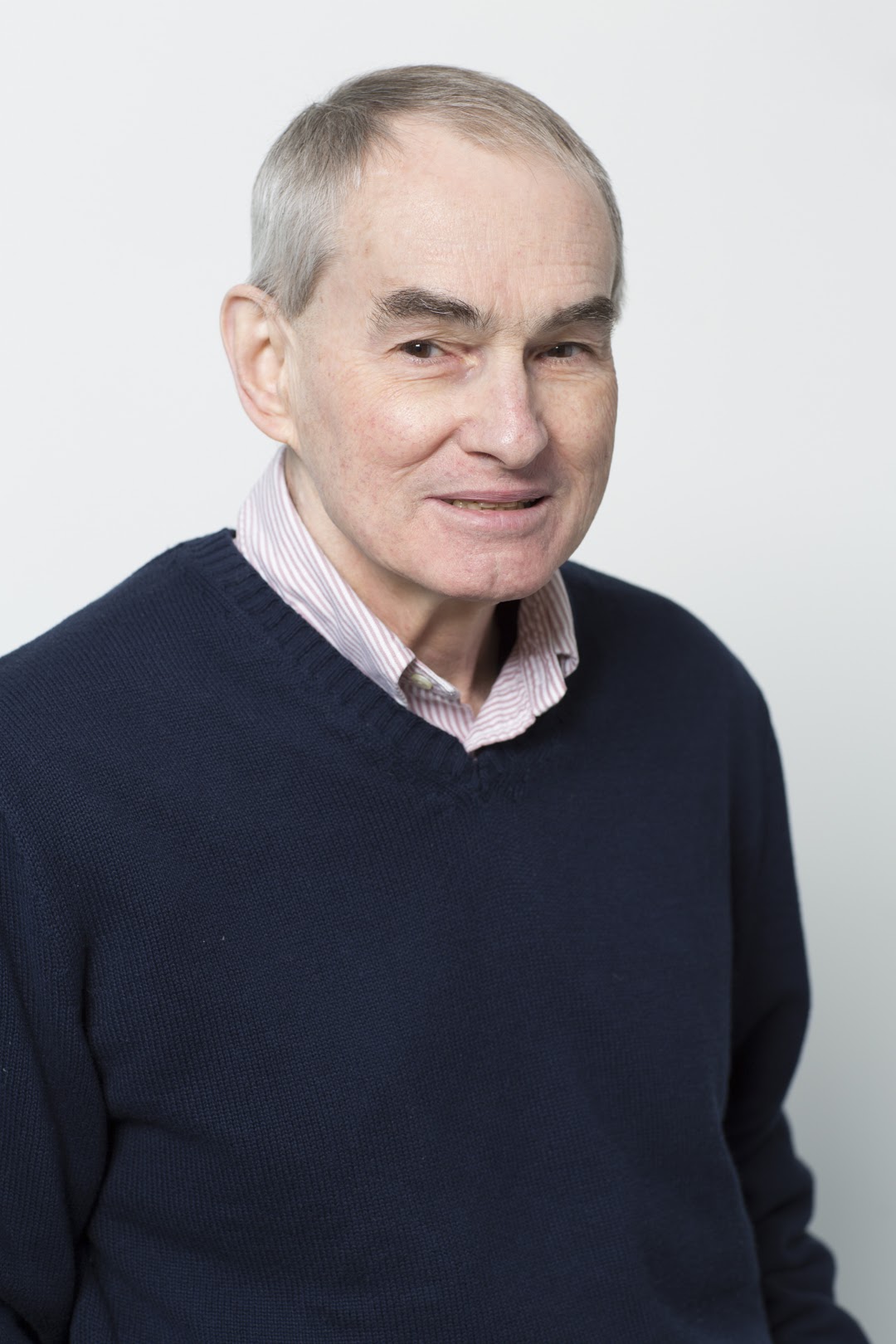Dean Heerwagen
Associate Professor, Architecture
Heerwagen’s abiding intellectual and professional interest is the identification of how buildings can be created to serve the occupants who will live and work within them. Thus, the principal goal of his work has been to characterize, first, the range and natures of activities which occupants wish or need to accomplish in buildings and, second, the types of services which should be present in buildings (i.e., to enable occupants to perform these activities). These services include, generally, means for ensuring the health and safety of building occupants, as well as means for supporting other human physical, physiological, and perceptual psychological requirements.
Throughout his teaching and research he has sought to acquire and communicate knowledge about how to design and construct buildings so that occupants have settings that satisfy these requirements. In his teaching, research, and writing he has concentrated on how the presences of heat, light, sound, and good air quality in buildings can be controlled so that occupants can be assured comfortable environments which operate efficiently. In his work he seeks to examine and describe how to create buildings whose internal environments are well-conditioned (i.e., to suit occupants’ needs and wishes). Basic examples of what he addresses include how to establish buildings that are thermally comfortable, well-daylighted, suitably quiet (while also enabling good communication by speech and music), and adequately ventilated. Necessarily, achievement of these performance attributes can rely, for instance, on various active control systems (e.g., mechanical and electrical systems) or on passive devices.
